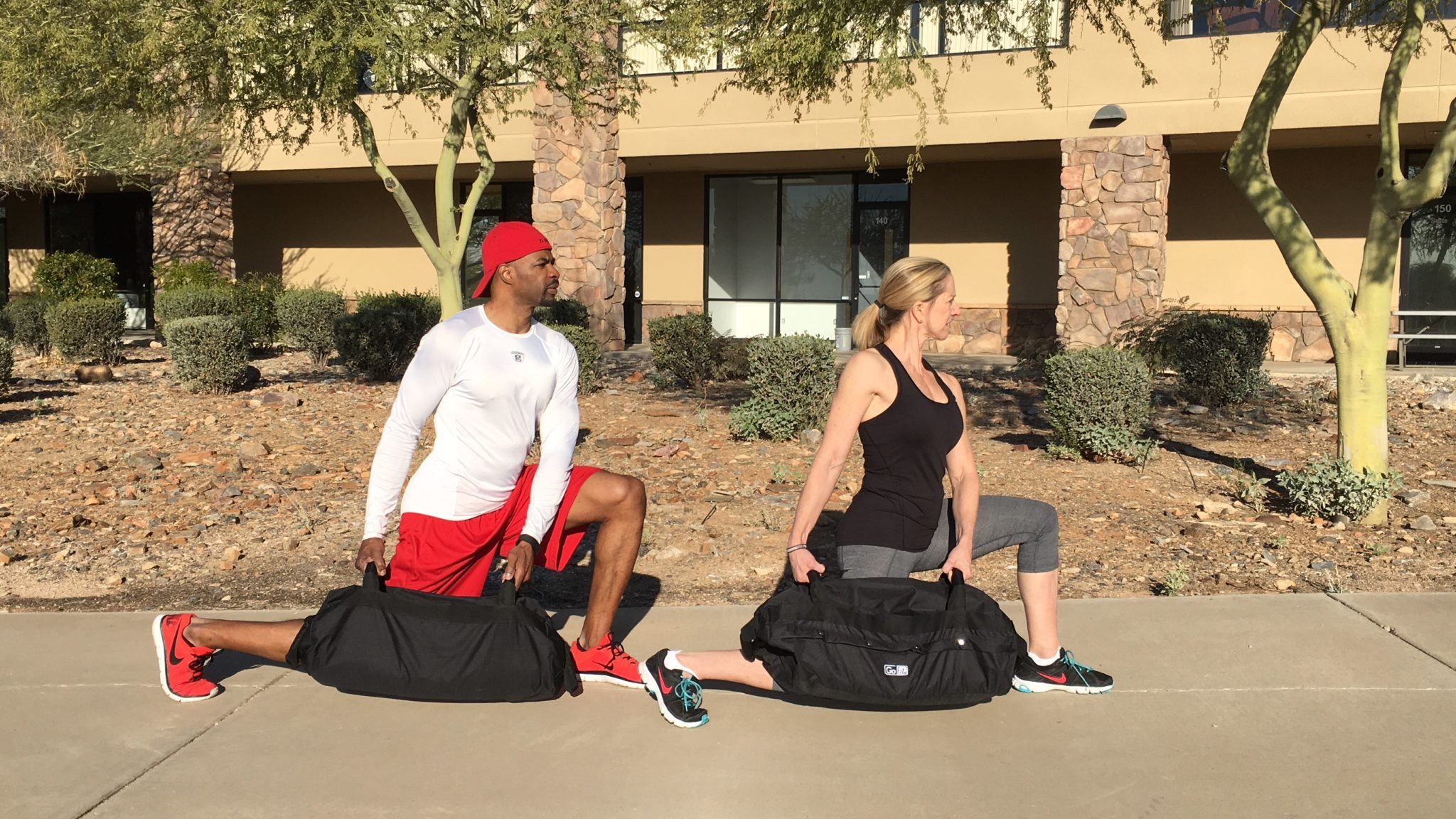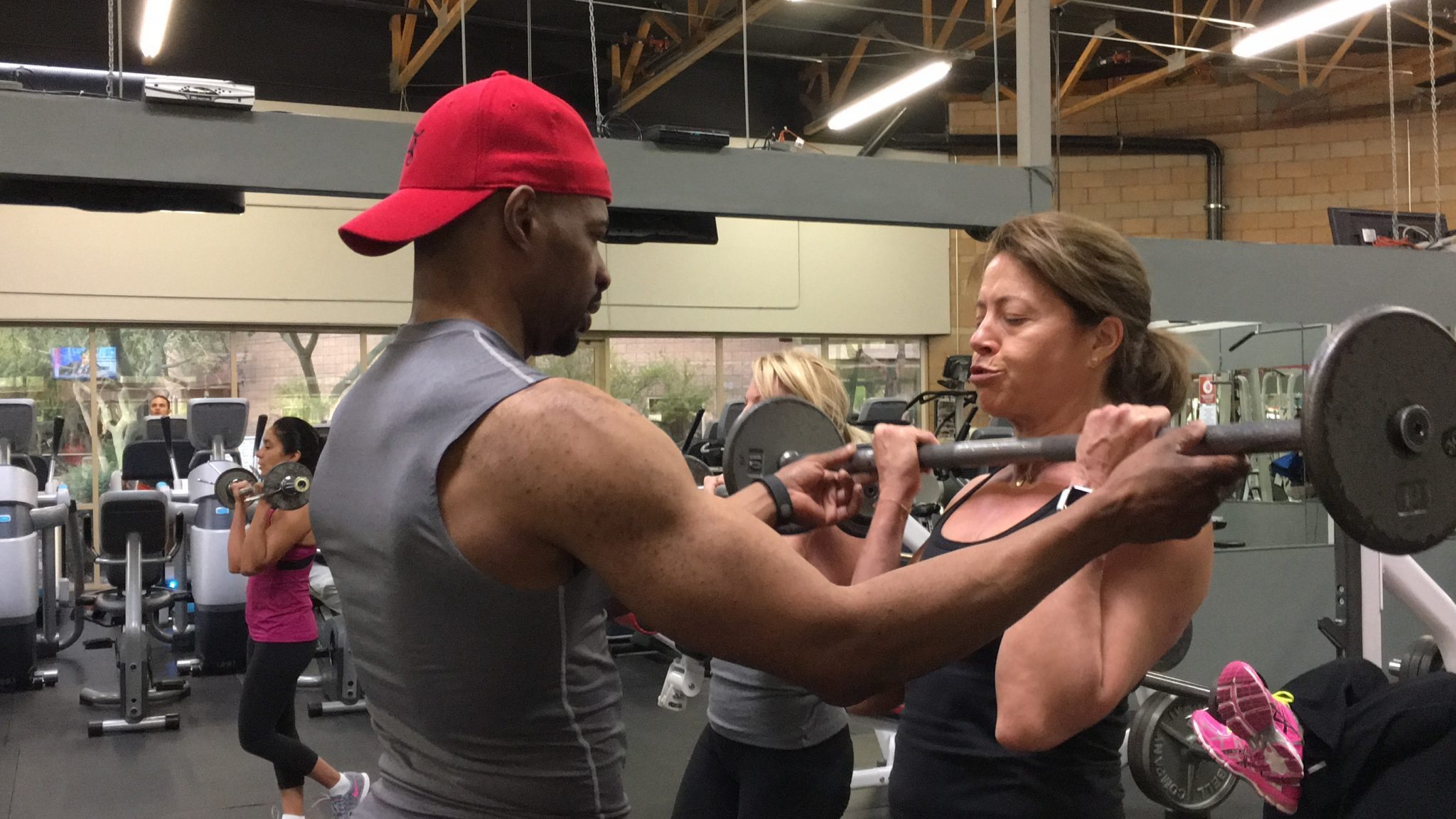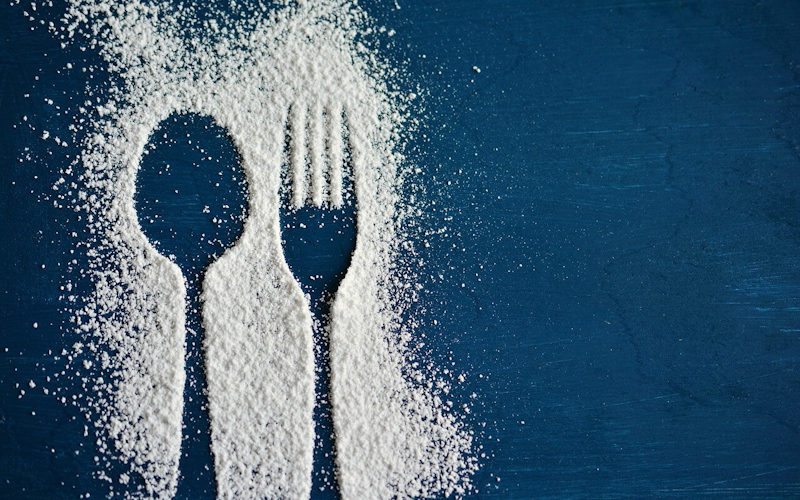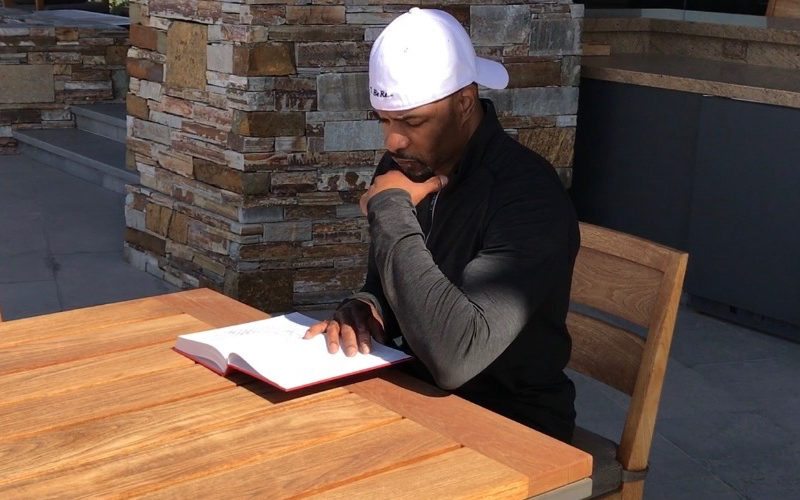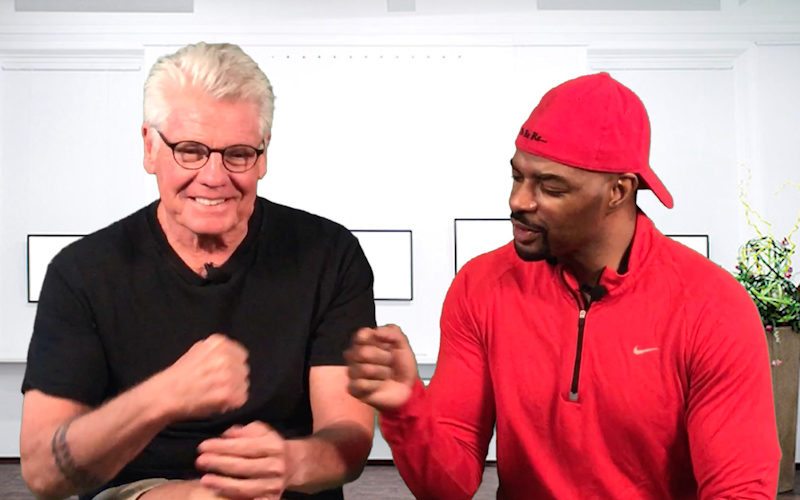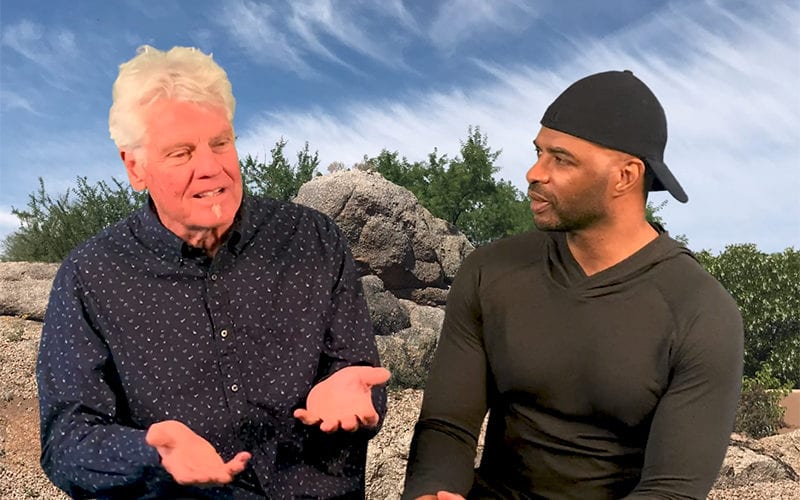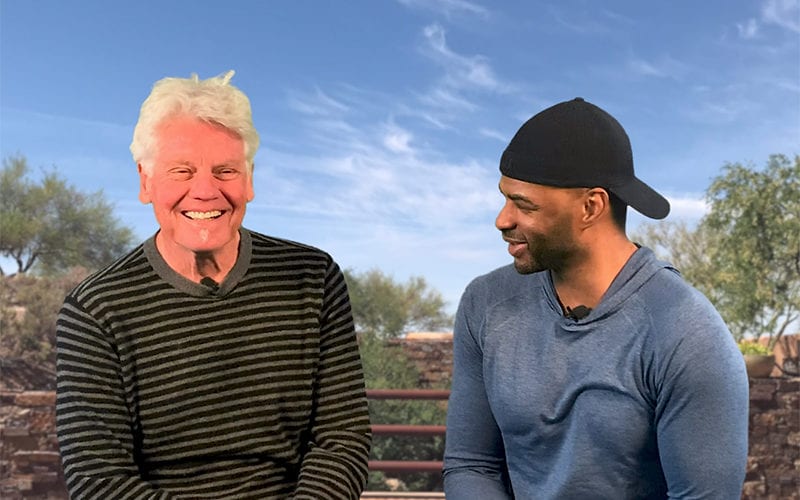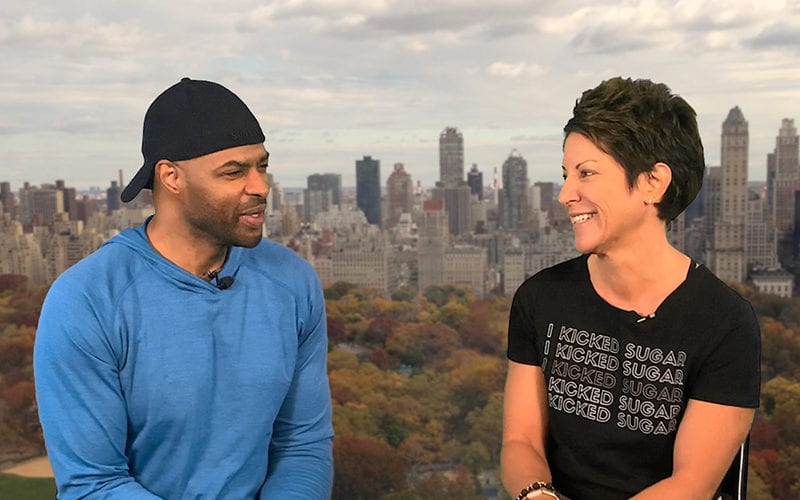Episode 36: How to Un-Weight From Things
Many people are tied to other people, their profession or material things. In this episode, Rick and Tim discuss how attachment to people and things can sometimes create stress, increase suffering and take the joy out of life. Learn how to unweight from it all and feel free again.
Tim’s Reference: “Minimalism: A Documentary About the Important Things examines the many flavors of minimalism by taking the audience inside the lives of minimalists from all walks of life—families, entrepreneurs, architects, artists, journalists, scientists, and even a former Wall Street broker—all of whom are striving to live a meaningful life with less. After its successful theatrical run, Minimalism, the #1 indie documentary of 2016 (largest box-office opening), is finally available online. Share your favorite scenes using #MinimalismFilm on social media.
Rick’s Reference: The News: A User’s Manual, Alain de Botton, a British cultural critic and philosopher, discusses how to manage the unceasing bombardment of information, 24/7 that has become our natural environment. De Botton has written 7 powerful books that offer guidelines for living in today’s world. He starts with questioning the predominant paradigm and often compares it to what the greatest thinkers have said on the topic.
For example, we tend to accept that people in authority must be right. It’s this assumption that Socrates wanted us to challenge by urging us to think logically about the nonsense they often come out with, rather than being struck dumb by their aura of importance and air of suave certainty.
I strongly recommend his six part series on philosophy featuring six thinkers who have influenced history, and their ideas about the pursuit of the happy life.
Socrates on Self-Confidence (Part 1) – Why do so many people go along with the crowd and fail to stand up for what they truly believe? Partly because they are too easily swayed by other people’s opinions and partly because they don’t know when to have confidence in their own.
Epicurus on Happiness (Part 2) – British philosopher Alain De Botton discusses the personal implications of the ancient Greek philosopher Epicurus (341-270BCE) who was no epicurean glutton or wanton consumerist, but an advocate of “friends, freedom and thought” as the path to happiness.
Seneca on Anger (Part 3) – Roman philosopher Lucious Annaeus Seneca (4BCE-65CE), the most famous and popular philosopher of his day, took the subject of anger seriously enough to dedicate a whole book to the subject. Seneca refused to see anger as an irrational outburst over which we have no control. Instead he saw it as a philosophical problem and amenable to treatment by philosophical argument.
Montaigne on Self-Esteem (Part 4) – Looks at the problem of self-esteem from the perspective of Michel de Montaigne (16th Century), the French philosopher who singled out three main reasons for feeling bad about oneself – sexual inadequacy, failure to live up to social norms, and intellectual inferiority – and then offered practical solutions for overcoming them.
Schopenhauer on Love (Part 5) – Alain De Botton surveys the 19th Century German thinker Arthur Schopenhauer (1788-1860) who believed that love was the most important thing in life because of its powerful impulse towards ‘the will-to-life’.
Nietzsche on Hardship (Part 6) – British philosopher Alain De Botton explores Friedrich Nietzsche’s (1844-1900) dictum that any worthwhile achievements in life come from the experience of overcoming hardship. For him, any existence that is too comfortable is worthless, as are the twin refugees of drink or religion.
Load Comments

